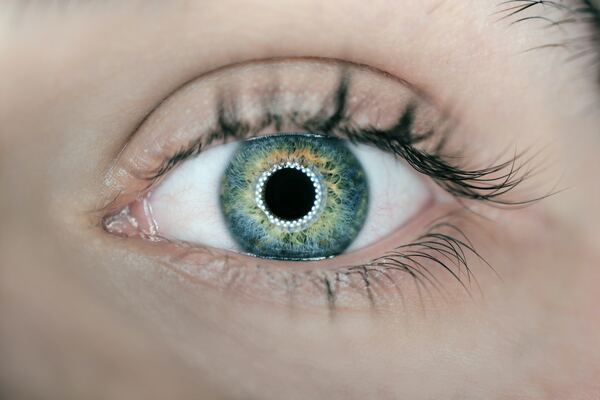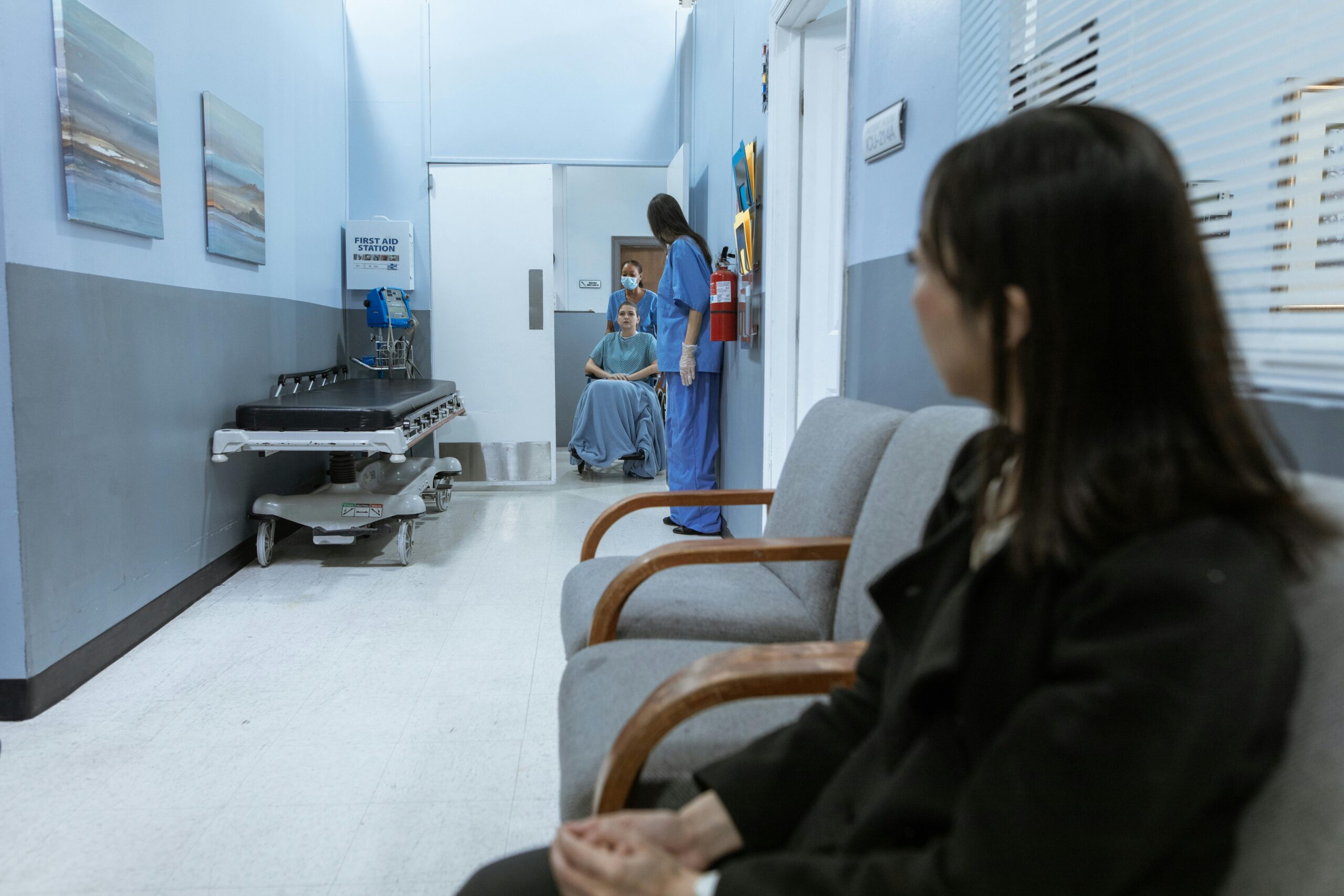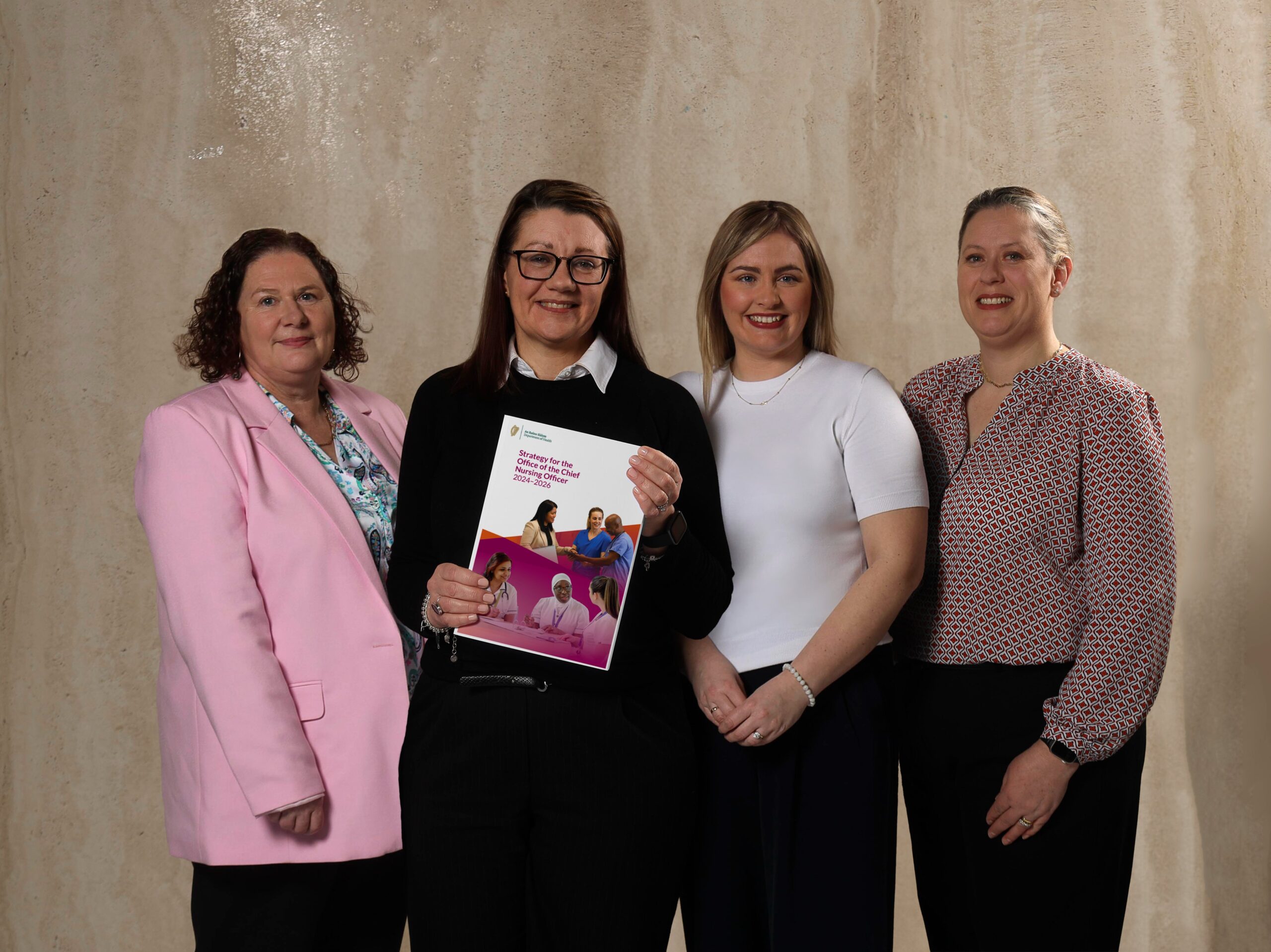New research suggests that artificial intelligence (AI) can now diagnose rare inherited eye diseases (IRDs) more accurately than medical experts.
The new AI software, called Eye2Gene, may improve the diagnosing, managing and treatment of patients with these conditions.
Developed by a team of researchers led by Dr Nikolas Pontikos at the UCL Institute of Ophthalmology and Moorfields Eye Hospital, the Eye2Gene system uses machine learning to analyse retinal scans and clinical data.
The software then compares this information to a database of more than 10,000 patients with IRDs. The technology has shown remarkable accuracy in diagnosing rare eye diseases, outperforming medical experts in many cases.
Dr Pontikos said, “AI has the potential to revolutionise the way we diagnose and manage patients with rare inherited retinal diseases. The results of our study show that Eye2Gene can accurately diagnose a wide range of IRDs, often providing a more precise diagnosis than an ophthalmologist.”
Eye2Gene’s potential extends beyond the accuracy of its diagnoses – the software can significantly reduce the time it takes for patients to receive a diagnosis, ensuring early intervention and treatment.
In the case of rare eye diseases, a timely diagnosis can be crucial in preserving a patient’s vision. Additionally, the system could help alleviate the shortage of medical experts specializing in these conditions.
Dr Pontikos, “ideally, Eye2Gene software would be embedded into the retinal imaging device. This integration could potentially provide an instant diagnosis to patients, streamlining the process and reducing the need for multiple appointments.\”
However, before Eye2Gene can be widely adopted, it must undergo rigorous regulatory approvals to demonstrate its safety and efficacy.
Further evaluation is necessary to assess its performance across different types of IRDs, various ethnicities, and in different care settings.
Dr Pontikos said, \”clinical trials will be required before our system can be deployed in clinics as medical device software.”
The research team is optimistic about the future of AI in healthcare, particularly in the field of ophthalmology.
Dr Pontikos continued, “we all know that a picture is worth a thousand words, so we had some expectation that retinal scans interpreted by AI could outperform human experts. But we were still pleasantly surprised to see that, even when quite specific clinical terms were used, Eye2Gene could still do as well or better.\”










